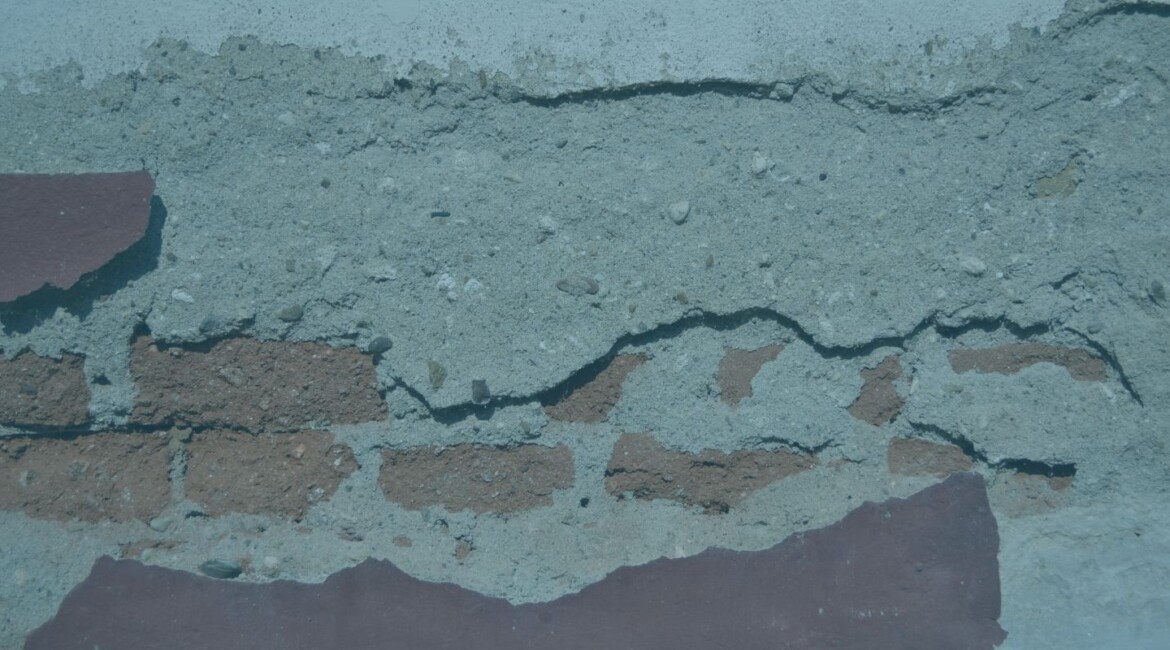
Collateral Warranty Disputes Explained: How to Enforce or Defend a Claim in Construction

When building projects go wrong, one of the most common questions people ask is, “Who can I actually claim against?”
In construction, it’s rarely simple. Developers, main contractors, sub-contractors, architects, and engineers are all involved. But a buyer, tenant, or funder may not have a direct contract with any of them. That’s where collateral warranties come in.
A collateral warranty creates a legal link between a person or company who carried out the work (for example, a contractor or consultant) and a third party who relies on that work (like a purchaser, funder, or tenant). It gives that third party the right to claim compensation if something goes wrong, such as a design flaw or construction defect.
However, enforcing a collateral warranty – or defending a claim under one – can be legally and technically complex. Below, we explain in plain language what a collateral warranty is, how disputes arise, and what steps you can take whether you’re bringing or defending a claim.
What Is a Collateral Warranty?
A collateral warranty is a contract that “sits alongside” a building contract, sub-contract, or professional appointment.
It’s an extra agreement where someone involved in the construction – like a contractor, sub-contractor, or consultant – gives a promise (or “warranty”) to a third party. That promise usually says that their work has been or will be done properly, using reasonable skill and care, and in accordance with the main contract or specification.
This kind of warranty is very common in developments that will later be sold, let, or financed. A funder or future buyer will often insist on collateral warranties from key parties before releasing funds or completing a purchase.
The warranty means that even though the funder or buyer wasn’t part of the original building contract, they can still take legal action directly against the contractor or consultant if faults arise later.
Why Are Collateral Warranties Important?
They are important because of a legal rule known as “privity of contract.” In simple terms, this rule means only the parties to a contract can enforce it.
So, without a collateral warranty, a future buyer, tenant, or lender wouldn’t normally have any contractual rights against the original builder or designer if defects appear. They would have to rely on a negligence claim, which is harder to prove and limited in scope.
Collateral warranties give that third party a direct, contractual right to claim – which is much stronger than a negligence claim.
Typical Terms Found in Collateral Warranties
While the exact wording can vary, most collateral warranties include similar key terms. Here are the main ones:
- Standard of work: The contractor or consultant promises to carry out the works using reasonable skill, care, and diligence.
- Reference to main contract: The warranty links back to the main building contract or appointment, confirming those same standards apply.
- Time limits: The warranty is usually valid for a fixed period (often 12 years if signed as a deed, or 6 years otherwise).
- Limits on liability: The warrantor may cap their liability or exclude certain losses (for example, loss of profit or indirect damage).
- Assignment rights: The beneficiary (such as a buyer or funder) can often transfer the warranty to someone else, for example, if the property is sold.
- Insurance: The warrantor must usually maintain professional indemnity insurance for the duration of the warranty.
- Dispute resolution: Some warranties include an adjudication or arbitration clause.
Understanding these terms is crucial because they affect how and when you can bring or defend a claim.
Common Reasons for Collateral Warranty Disputes
Disputes under collateral warranties typically arise years after the building work has finished. The most common issues include:
- Defects in workmanship or design:
Problems such as leaks, cracking, damp, or structural failures often lead to claims. - Failure to meet standards:
The warranty may require work to comply with building regulations or British Standards . - Invalid or expired warranties:
Sometimes the warranty has lapsed or wasn’t properly executed, making enforcement difficult. - Assignment problems:
The person trying to claim might not have validly received the benefit of the warranty through assignment. - Liability limits and exclusions:
The warrantor might argue that their liability is capped or that the warranty doesn’t cover the type of loss claimed. - Disagreement over the dispute process:
There may be confusion about whether the claim can go to adjudication or must go through the courts.
How to Enforce a Collateral Warranty Claim
If you are the beneficiary (for example, a purchaser, funder, or tenant) and believe a contractor or consultant has breached their warranty, here’s a step-by-step approach.
- Check Your Standing: Confirm you are entitled to bring the claim.
- Are you named in the warranty?
- If not, was the warranty assigned to you correctly?
- Has the limitation period expired?
- Review the Warranty’s Terms: Look closely at the obligations.
- What standard of work was promised?
- Are there any notice requirements or liability caps?
- Does it include adjudication or court proceedings as the dispute route?
- Gather Evidence: Collect all relevant documentation:
- The warranty itself and the main contract.
- Expert reports describing the defects.
- Photos, correspondence, invoices, and repair records.
You will need to show that the warrantor failed to carry out their work properly and that this caused your loss.
- Assess Your Losses: Claims usually include the cost of repairs, loss of value, or alternative accommodation if the property became uninhabitable. Make sure your losses are supported by quotes or professional reports.
- Follow the Pre-Action Protocol: Before starting court proceedings, send a Letter of Claim explaining the issues, losses, and what you want. The warrantor will then have a chance to respond.
- Consider Settlement or Mediation: It’s usually better to resolve the issue early, before it escalates to expensive litigation.
How to Defend a Collateral Warranty Claim
If you are the warrantor (such as a contractor or designer) facing a claim, the following steps can help you build your defence.
- Review the Wording Carefully: Start by checking exactly what you promised under the warranty. You may find that your obligations were limited, or that your liability is capped.
- Check Who’s Claiming: Confirm that the person bringing the claim has the right to do so. If the warranty wasn’t properly assigned, they might not have a valid claim.
- Examine Timing and Limitation: If the warranty period has expired, you may have a complete defence. Also, if the claimant failed to give required notice, that may invalidate their claim.
- Challenge Causation and Quantum: The claimant must prove both that there was a defect and that it caused their loss. Expert evidence may be needed to challenge this.
- Engage with Insurers: If you have professional indemnity or design-and-build insurance, notify them immediately and follow their instructions.
- Explore Settlement Options: Even if you dispute liability, a practical settlement may be cheaper and faster than a long court battle.
Recent Legal Developments
A warranty does not automatically give the right to adjudicate unless it specifically says so. Going forward, it’s important to check whether the warranty includes a dispute clause – if it doesn’t, any dispute will likely have to go to court instead.
Practical Tips to Avoid Collateral Warranty Disputes
- For developers: Ensure warranties are drafted consistently across all consultants and contractors.
- For contractors and designers: Keep clear records of design drawings, site instructions, and any variations.
- For purchasers and funders: Always check warranties are signed, dated, and assignable before completion.
- For all parties: Consider including or excluding adjudication clauses depending on your preferred dispute process.
Conclusion
Collateral warranties are vital in construction projects because they create legal rights for people who otherwise couldn’t claim for building defects. But they can also become a source of dispute when those rights are unclear or poorly drafted.
If you need to enforce a warranty, be clear about what was promised, gather strong evidence, and act within the time limits. If you are defending a claim, check the scope of your obligations and get professional advice early.
In both cases, open communication, proper documentation, and expert legal input can save significant time, money, and stress. We are here to help.
We offer a no-cost, no-obligation 20-minute introductory call as a starting point or, in some cases, if you would just like some initial advice and guidance, we will instead offer a one-hour fixed fee appointment (charged from £250 plus VAT to £350 plus VAT* depending on the complexity of the issues and seniority of the fee earner).
Please email wewillhelp@jonathanlea.net providing us with any relevant information ensuring that any call we have is as productive as possible or call us on 01444 708640. After this call, we can then email you a scope of work, fee estimate (or fixed fee quote if possible), and confirmation of any other points or information mentioned on the call.
VAT is charged at 20%.
This article is intended for general information only, applies to the law at the time of publication, is not specific to the facts of your case and is not intended to be a replacement for legal advice. It is recommended that specific professional advice is sought before relying on any of the information given. © Jonathan Lea Limited.
